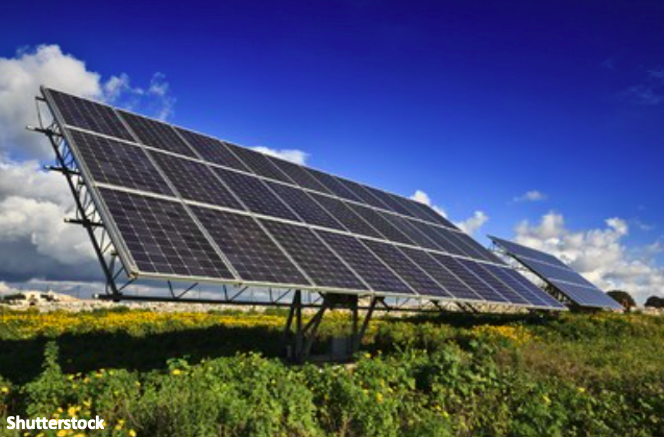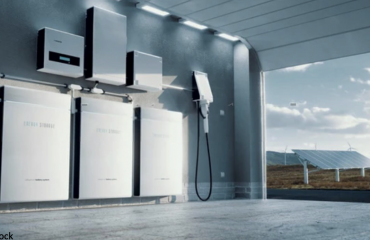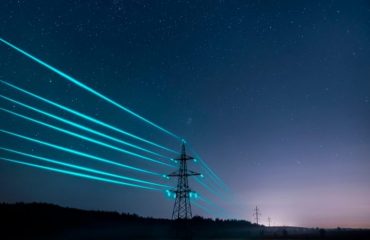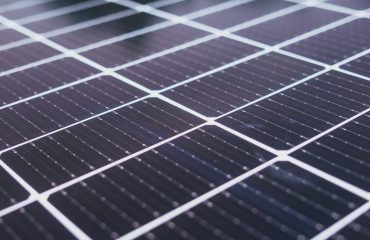
The agro-voltaic sector is characterized by a hybrid use of agricultural lands, which are exploited both for agricultural production and for the production of electricity from renewable sources (particularly, photovoltaic sources).
Following the goals set out by the National Integrated Plan for Energy and Climate (“PNIEC”), the National Recovery and Resilience Plan (“PNRR”) has expressly included the construction of agro-voltaic plants among the initiatives to be implemented in the context of the ecological transition in view of achieving complete climate neutrality and environmental sustainability.
Reference is made to “Mission M2C2, investment 1.1.” named “agro-voltaic development”, envisaging a production capacity from agro-voltaic plants of 2GW with the aim of producing about 2,500 GWh per year with a reduction of greenhouse gas emissions estimated around 1.5 million tons of CO2.
The M2C2 mission (which financial resources should be over 1 billion euro, as provided under the current version of the draft decree of the Ministry of Economy and Finance having as scope the allocation of financial resources for the implementation of the PNRR targets) aims to make the agricultural sector more competitive, reducing energy supply costs and improving climatic-environmental performances.
In addition to the above, it is worth noting that regulatory changes have been introduced aimed at promoting the construction and operation of these power plants:
- Law Decree no. 77 of 31 May 2021, converted, with amendments, by Law no. 108 of 29 July 2021 (“Governance of the National Recovery and Resilience Plan and first measures for strengthening administrative structures and accelerating and streamlining administrative procedures” – so-called “Simplification Decree Bis”) providing that agro-voltaic plants can benefit from incentive tariffs related to the production of energy from renewable sources;
- the draft of Legislative Decree implementing Directive 2018/2001 (the “RED II Directive”) (the “Draft Decree Implementing RED II”), whereby the Ministry of Ecological Transition has been entrusted with the definition of the “criteria and methods for providing incentives for the construction of agro-voltaic plants through the granting of loans or non-repayable contributions, carried out in accordance with the provisions of article 65, paragraph 1-quater, of Legislative Decree no. 1 of 24 January 2012, converted, with amendments, by Law no. 27 of 24 March 2012, which, through the implementation of hybrid agriculture-energy production plants, do not compromise the use of land dedicated to agriculture. With the same decree are defined the conditions of combination with the incentive tariffs referred to in Chapter II”.
These recent amendments are extremely relevant considering that since 2012, according to previous Italian Laws, photovoltaic plants constructed within agricultural lands could not benefit from RES incentives.
Specifically, this prohibition was provided under Article 65 of the Law-Decree no. 1/2012 (“DL 1/2012”), introducing – as to photovoltaic solar plants with ground mounted modules located in agricultural areas – the prohibition to benefit from RES incentives. In that respect the unique exceptions to this ban were the following: (a) plants built or to be built on military lands (demanio militare); and (b) photovoltaic plants installed on area classified as “agricultural” at the date of 25 March 2012 (date of entry into force of the law converting DL 1/2012), providing that they obtained the relevant authorization title within 25 March 2012 and entered into operation within 180 days starting from 25 March 2012.
As mentioned above, the Simplifications Decree Bis (see Article 31, Paragraph 5), has amended article 65 of DL 1/2021, providing that agro-voltaic plants meeting the following characteristics could benefit from incentives: “agrovoltaic plants adopting innovative integrative solutions with the installation of the modules raised from the ground, also providing for the rotation of the modules themselves, however in such a way as not to compromise the continuity of agricultural and pastoral cultivation activities, also allowing the application of digital and precision agriculture tools“.
The same provision of the Simplifications Decree Bis has also specified that access to incentives is subject to the simultaneous implementation of monitoring systems that make it possible to verify the impact on crops, water saving, agricultural productivity for the different types of crops and the continuity of the activities of the farms concerned.
The same article of the Simplifications Decree has also specified that access to incentives is subject to the implementation of monitoring systems aimed at verifying the impact on crops, water saving, agricultural productivity for the different types of crops and the progression of the relevant farm activities.
Therefore, the provisions of the Simplification Decree Bis together with the provisions of the Draft Decree Implementing RED II (currently subjected to parliamentary opinion, hence, susceptible to potential amendments) seem to overcome the prohibition imposed by the former Article 65 of DL 1/2012, gradually introducing the chance even for agro-voltaic plants to benefit from RES incentives.
Read more on PwC blog here.
About the author:

Italian qualified lawyer, Tommaso has a fifteen-year extensive experience in domestic, cross border and multi- jurisdiction mergers and acquisitions, joint venture, corporate finance, private equity transactions involving both listed and privately held companies.
He has a particular expertise in transactions in highly regulated activities as well as in the infrastructure sector and, in particular, in the energy, transport, water and waste sectors.
His experience also includes assistance in favor of developers and lenders in relation to development projects in the energy sector, with particular reference to renewable energy assets (solar, biomass, wind, hydrogen) and transport infrastructure (electricity and gas transport, electricity and gas distribution, gas storage and LNG plants).
He has an extensive experience in negotiation and drafting of M&A contracts, facility agreements, EPC, O&M, PPA contracts and supply contracts in public and private sectors.
Tommaso awards a LL.M Master Degree in Business & Corporate Law at City Birmingham University and has more than 15 years of experience in primary international law firms in London, Milan and Dubai.
Tommaso is Italian native speaker and is fluent in English and Spanish
Green Dealflow – is a matchmaker for professional investors and developers in the solar and wind industry. You can create a free account and ask us about off-market projects, find investors for your projects with discretion (off-market), or PPA Off-takers can look for business partners on a “no cure – no pay” basis. Further to this, Green Dealflow delivers news, blog posts and business intelligence, e.g. through a transaction database and monthly reports.


